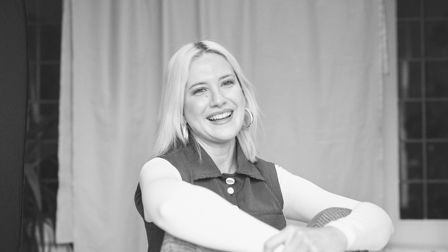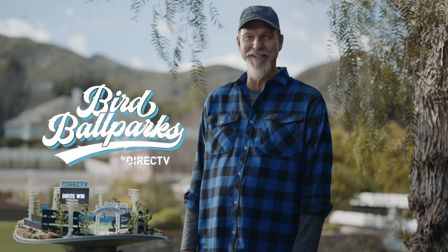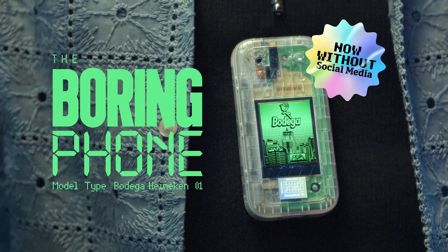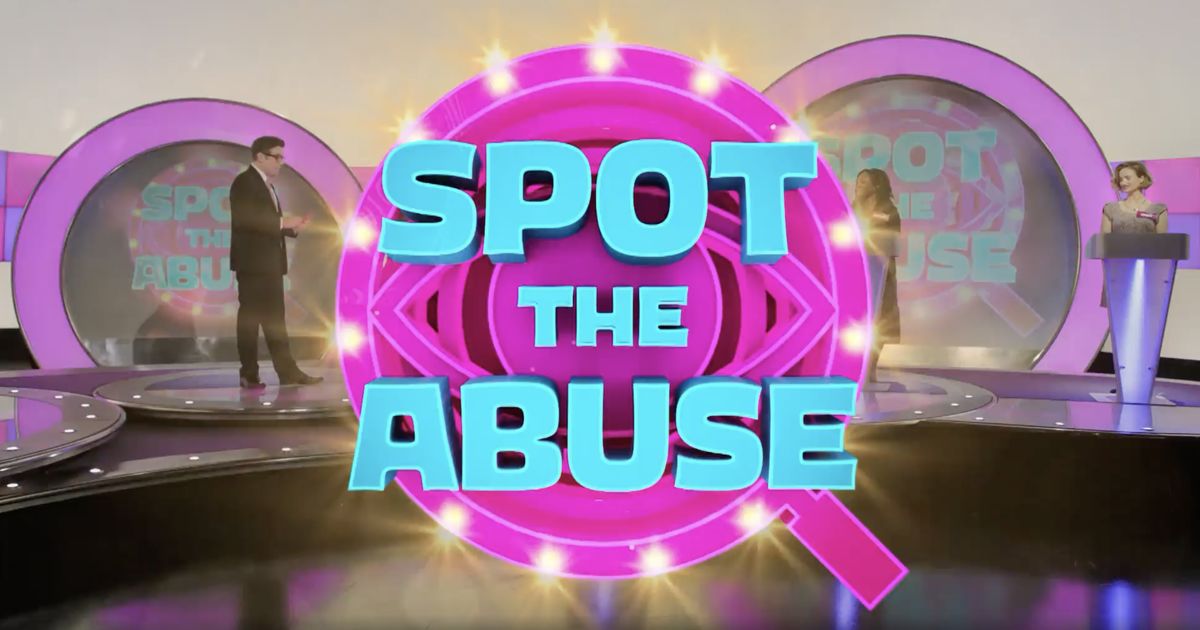Women’s Aid helps Spot The Abuse
Women’s Aid, Engine Creative and Missing Links Films highlight the impact of coercive control in TV quiz show called Spot The Abuse.
A thought-provoking, new advert from charity Women’s Aid highlighting how signs of coercive control can be hard to spot was launched on 25 November, International Day for the Elimination of Violence against Women.
Styled as a bright and brash TV quiz show called Spot The Abuse being held before a cheering studio audience, it features three smiling female contestants, Jade from Bournemouth, Aisha from London and Kate from Hertfordshire all being asked questions about relationships by a gameshow host.
The aim of the campaign is to educate people about the signs of coercive control by using the popular format of a TV game show, albeit one where the questions are anything but entertaining, to demonstrate that women often don’t realise their relationship is abusive and that they’re victims of coercive control, as their partners tell them that their controlling behaviour is normal.
While it’s been illegal since December 2015, records of coercive control offenses have been steadily rising. Police recorded 24,856 coercive control offences in England and Wales in the year ending March 2020, a huge rise of more than 50% from the 16,679 recorded the previous year. The pandemic has only exacerbated the problem. Within the first two weeks of lockdown alone, there was a 41% increase in users visiting the Women’s Aid Live Chat site to seek help on the issue.
Credits
powered by
- Agency Engine/London
- Production Company Missing Link Films
- Director Alicia MacDonald
-
-
Unlock full credits and more with a Source + shots membership.
Credits
powered by
- Agency Engine/London
- Production Company Missing Link Films
- Director Alicia MacDonald
- Post Production Absolute Post
- Music Audio Network
- Creative Director Christopher Ringsell
- Creative Director Jo Moore
- Creative Antonia Clayton
- Head of Film Melody Sylvester
- Producer Laura Melville
- Producer Sabrina May
- Producer Ben Link
- Executive Producer Heather Link
- DP Sam Goldie
- Production Designer Matthew Rice
- Editor Rachael Spann
- Colorist Juliette Wileman
- 2D Artist Ben Robards
- Animation Lawrence Scanlon
- Executive Post Producer Sally Heath
- Producer Ollie Ireland
- Sound Designer Ben Leeves
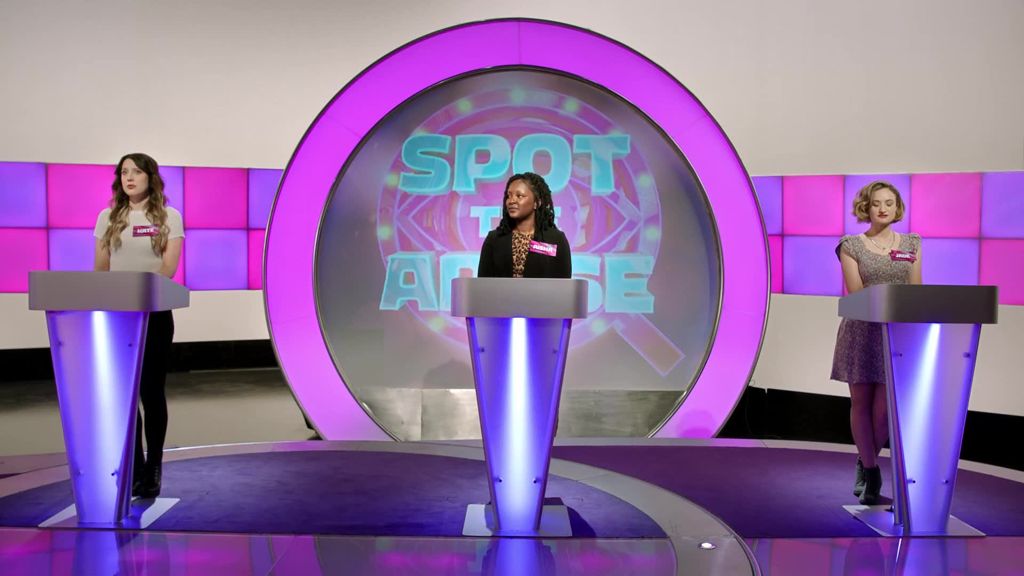
Credits
powered by
- Agency Engine/London
- Production Company Missing Link Films
- Director Alicia MacDonald
- Post Production Absolute Post
- Music Audio Network
- Creative Director Christopher Ringsell
- Creative Director Jo Moore
- Creative Antonia Clayton
- Head of Film Melody Sylvester
- Producer Laura Melville
- Producer Sabrina May
- Producer Ben Link
- Executive Producer Heather Link
- DP Sam Goldie
- Production Designer Matthew Rice
- Editor Rachael Spann
- Colorist Juliette Wileman
- 2D Artist Ben Robards
- Animation Lawrence Scanlon
- Executive Post Producer Sally Heath
- Producer Ollie Ireland
- Sound Designer Ben Leeves
Research by Women’s Aid and Cosmopolitan in 2019 found that over a third of teenage girls had been in abusive relationships and more shocking still, when the remaining two thirds were asked about their relationships, 64% had been in abusive relationships without even realising it.
The advert, which will be pushed out across social channels, aims to highlight that domestic abuse isn’t always physical and that coercive control can happen gradually in a relationship with a pattern of behaviours that you may not initially identify as abusive, but when put together create a web of control.
This point is clearly made from the outset of the ad, as the quiz host launches proceedings with the question: “Your partner often tells you what to wear and gets moody if you don’t agree. Is this normal?” Jade buzzes in quickly, answering: “Yes! Definitely!” to be told by the host: “That’s the wrong answer! It’s actually a kind of controlling behaviour.”
The next question is: “Your partner won’t let you have a bank account as he says you’re no good with money. Do you think that’s okay?” Kate buzzes in with a definitive: “Yes!” to be told it’s another wrong answer by the host. “This is not usual or normal behaviour in any relationship”, he adds, as the contestants are shown looking increasingly uncomfortable.
For his final question, the host says: “Your partner has a right to stop you going out with your friends and family because he says he worries about you when you’re out. Is this okay?” Aisha buzzes in with a confident: “Yes, that’s okay. Right?” To which the host replies: “Oh I’m sorry, that’s the wrong answer. If your partner isolates you from friends or family, that is coercive control.”
The female contestants are shown looking unsettled before the camera pans out to show their male partners sat in the audience.
The two-minute-long spot ends with the call to action: “Many of us struggle to spot the signs of coercive control. What your partner says is normal might not be. www.womensaid.org.uk Women’s Aid - until women & children are safe.”
Farah Nazeer, Chief Executive of Women’s Aid said: “This advert shows that if you are in an abusive relationship, your partner is not going to tell you that it is abusive – and coercive control is still not widely understood, despite being against the law since 2015 in England and Wales. We hope this advert will raise awareness and start important conversations about controlling behaviour in relationships. Greater awareness and understanding of the behaviours that make up coercive control means that more people will be able to identify it, prevent it and prosecute it.”
Christopher Ringsell, Creative Director at Engine Creative, said: “Educating people about Coercive Control through the lens of a Gameshow is an unusual and powerful juxtaposition.
The glitzy lights, cheesy soundtrack and shiny world is not the normal place to communicate the harsh realities of domestic abuse but the format is perfect to land questions and answers around controlling behaviours. Many women could be living with this form of abuse without even being aware so hopefully this jarring and arresting approach will make it memorable and will help women question things that might not be right in their own relationships.”
Alicia MacDonald, director at Missing Link Films: “I'm so happy to have been involved in such a powerful idea that confronts Coercive Control in an unexpected and imaginative way. These projects are only ever possible with collaboration and team-work and I’m hugely grateful to everyone, from agency to crew and Women’s Aid, who made this happen. Coercive Control is just one aspect of Domestic Abuse that I hope this film can help shine a light on.”
)







